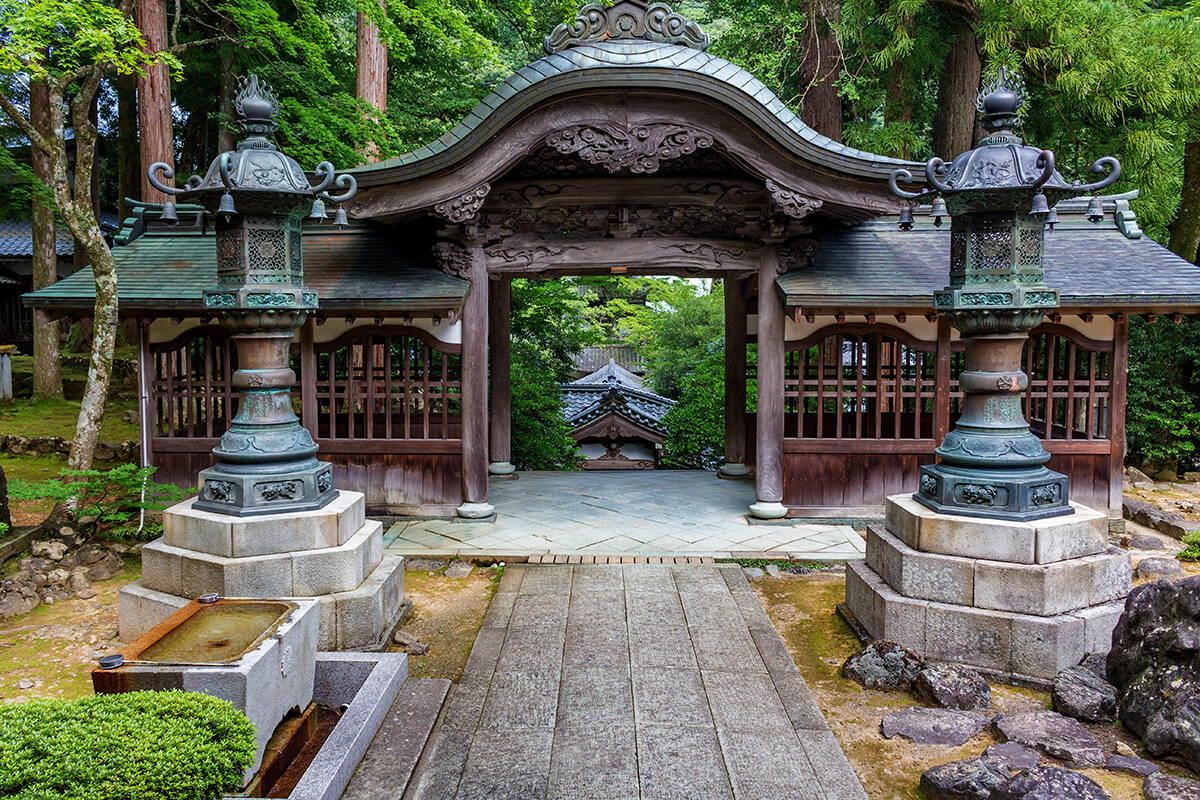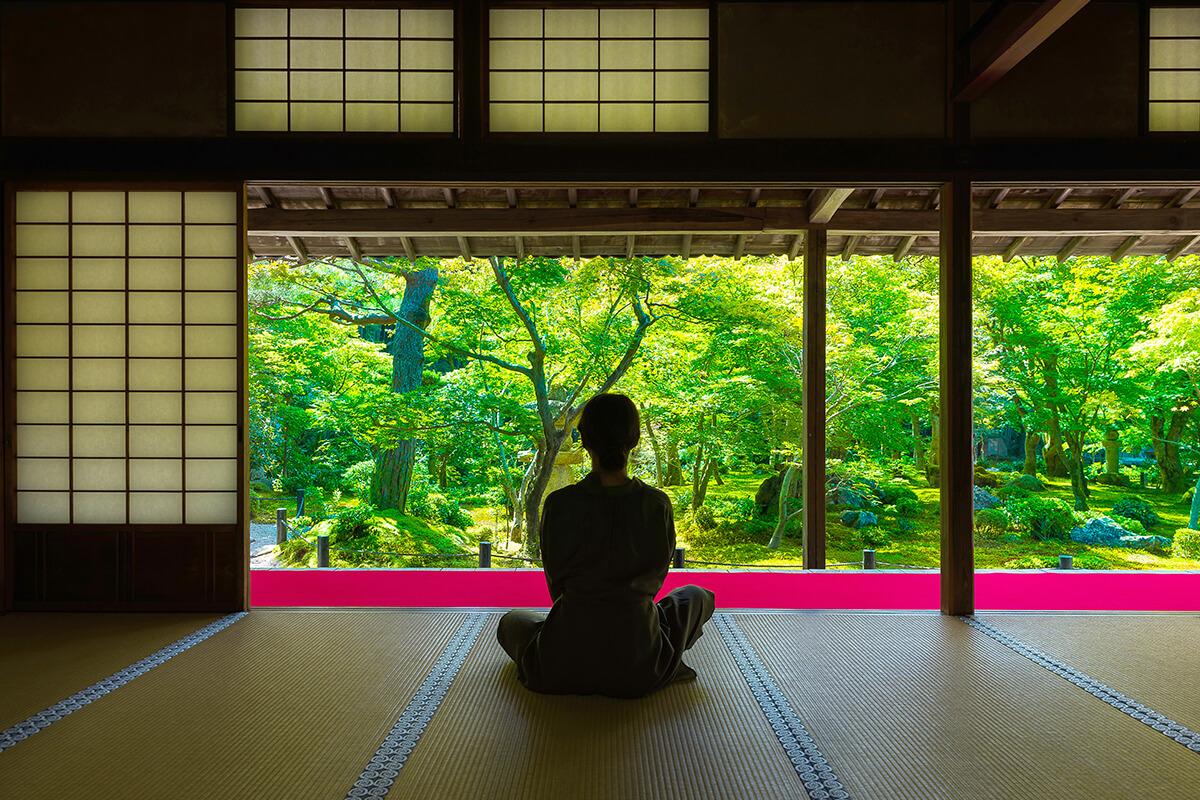WELLNESS TOURS

Don’t call it the Land of the Rising Sun—think of Japan as the Land of the Immortals, anchored by its tropical island chain, Okinawa, one of the world’s so-called Blue Zones where life- and health-spans defy convention (the life expectancy for women there is 87 years). There are many reasons suggested for such resilience—the fish-heavy diet, for example—but Naomi Mano prefers a more spiritual explanation. She’s the founder of Luxurique (luxurique.com), which specializes in high-end travel throughout the country. “Being in touch with your mind and soul is deeply embedded into the DNA of our culture,” she says. Moreover, wellness-chasing is a prime driver for clients returning to Japan after its extended, pandemic-induced border closures, requesting journeys that allow them to tap into centuries-old wellness traditions.
Take Fukui, a prefecture in the north that faces the Sea of Japan. It’s home to the mother temple of Zen, Eiheiji, where monks go to train and meditate. Open-minded, respectful outsiders are encouraged to join in their daily rituals (Steve Jobs was once a regular visitor). “When 150 of those monks file in at 4:30 in the morning and start chanting, it will give you shivers down your spine,” Mano says. “It’s all to do with breathing because they’re completely in sync.” (She billets clients in high-end ryokans nearby rather than the austere accommodation on-site.) The food in Fukui is a standout: crabs caught in the waters off the coast here are so prized they’re mostly earmarked for the Imperial Family, a rare honor; and Fukui is where the best washi paper was historically made.
Forest bathing has become another popular client request. The Japanese ritual is more than a simple walk in nature; rather, it’s a chance to soak up, and be cleansed by, the earth. Mano recommends the UNESCO-designated national park in Yakushima for the best experience, as ancient cedar forests cover the island.

Even the Blue Zone of Okinawa has finally unlocked for luxe tourism. Until recently, a dearth of high-end accommodations precluded much five-star travel here, but now there’s an outpost of the Hawaii-based Halekulani, plus a newly opened Ritz-Carlton. Adventurous nature lovers can book the Treeful Treehouse Sustainable Resort, which comprises a series of minimalist treehouses dotted through the canopy of the forest—all sustainably powered and with a minimal ecological footprint. UK-based luxury specialist Black Tomato (blacktomato.com) has launched a specialist itinerary as part of its Field Trip series: the 13-day trip, which hops between several of the islands in the chain, includes diving off the island of Yonaguni and stepping back in time on the island of Taketomi, which has remained unchanged since the last days of the Ryukyu Kingdom in the 1870s.
Jenny Southan, who runs the travel trend forecasting firm Globetrender, first visited Japan 17 years ago when she moved there to teach English. “When my company organized team-building trips to hot springs resorts there, it was the first time I heard the term ‘wellness,’” she says. “It’s a place where modernity and tradition, robotics and rituals peacefully coexist. Japan will appeal to wellness tourists who are seeking to upgrade their bodies, minds, and souls.” Southan has predicted the rise of so-called “life-hacking retreats,” which intend to transform rather than simply pamper—and she expects Japan to be a popular destination for such trips.
Certainly, Aman (aman.com) hopes so—it picked Tokyo as one of the three destinations to debut its new well-being-focused offshoot, Janu—which in Sanskrit means “soul,” while Aman means “peace.” When it opens in the southwestern district of Toranomon, likely later this year, the property will feature classic spa and yoga elements alongside higher-octane group fitness classes and healthy cooking boot camps.
Just don’t call this a trend, cautions Luxurique’s Mano—it’s simply a way of life that outsiders can now embrace. “Nobody here ever thought we were a ‘wellness’ country—we do what we do, and have done for centuries,” she says. “It’s really just that now travelers have put two and two together.”